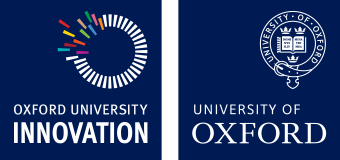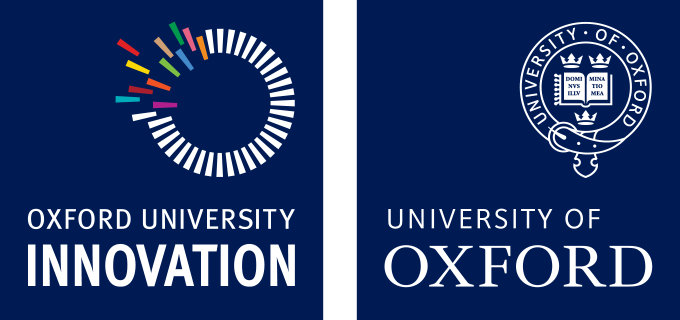Nightstar Therapeutics went from spinout to IPO in under four years. Dr Paul Ashley, Head of Life Sciences Licensing and Ventures, asks how we can get university life sciences ideas out of the door faster.
It may be that time flies when you are having fun (perhaps even faster with age) but, having joined OUI in 2011, I am now struck by how technologies that were just a “twinkle in the inventor’s eye” a few years ago, are now making a real-world impact.
When considering the reported time and money required to bring a drug to market – now approaching $3bn over 10+ years – it could seem that the therapeutics of tomorrow are increasingly slipping into the day after and beyond. However, I feel that we are seeing novel technologies today that could revolutionise healthcare sooner than you think.
The impressive growth and progress seen by Nightstar is a case in point. From spinning out in 2014 to a publicly listed global life sciences company in less than four years is real university innovation in action.
Nightstar is developing gene therapies for patients suffering from debilitating retinal diseases. No such therapies had been approved for use in US or Europe when we first started working on the project. In the interim, Nightstar has raised over £70m and commenced a phase 3 clinical trial. Nine gene therapy products have also become available to patients in that time with many more currently being trialled. Such is the excitement in this space, that we have been able to licence a further seven technologies to Nightstar.
Digital health is another area of rapid development. Bringing digital health technologies to market, however, can be challenging. The partnership with Sensyne Health (formerly Drayson Technologies) has brought together the research excellence of the University, the clinical insight within the Oxford University Hospitals NHS Foundation Trust, and the commercial resources of Sensyne. The System for Monitoring Patient Vital Signs in Hospital (SEND) developed in Oxford is now used in over 100 hospital wards and has recorded data from over 100,000 patients.
Future healthcare will still need new drugs, and today’s drug discovery innovations still have the potential to provide the largest impact on people’s lives around the world. LAB282, the £13m drug discovery partnership between OUI, Oxford University, Oxford Sciences Innovation and Evotec is generating an unprecedented number of projects compared to other virtual life sciences accelerators. Crucially, these are projects that would not have been so easily identified or accelerated in such a way had it not been for the LAB282 initiative. Started in Oxford, this model is now being replicated in other parts of the world.
What we do today really does have the potential to have a major impact on the lives of those around us and so we must continue to innovate and increase our capacity to create and accelerate opportunities. I don’t believe there has ever been a better time to do this in Oxford. The future is closer than you think.




Comments are closed.